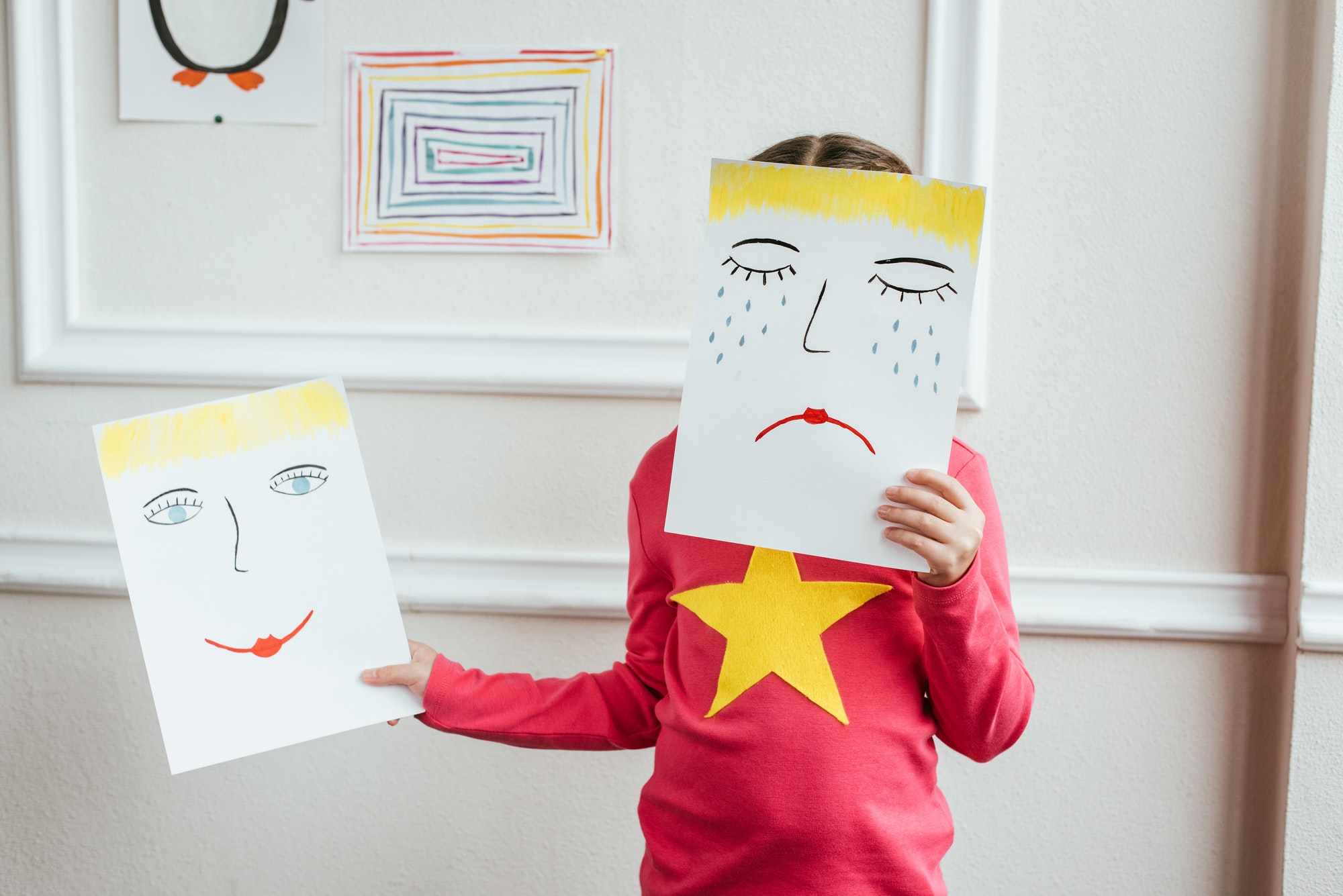
To provide safe, nurturing homes where young people are empowered to heal, grow, and achieve through therapeutic relationships, education, and integrated therapeutic support.
Building Brighter Futures Team

Taiya Davies
Head of Clinical Care
Taiya is a dedicated and passionate advocate for children and young people at WhiteTrees, where she is currently leading the development of our Clinical Care Team with a vision to empower every young person to build a brighter future. Since joining WhiteTrees in October 2023, Taiya’s commitment has grown daily, driven by the belief that every young person in our care deserves full access to the support and resources necessary to thrive, both mentally and physically. Having started her journey within our homes, Taiya brings a deep understanding of the complexities involved in nurturing young people’s health and well-being.
In her role, Taiya oversees the growth and development of our Clinical Care Team, including our in-house Building Brighter Futures Team and our external Specialist Team. Together, these teams provide the tools, guidance, and partnerships that empower both our young people and staff to flourish. Taiya ensures that all assessments are carefully implemented, monitored, and updated, guaranteeing that every young person receives bespoke support tailored to their unique needs.
To learn more about our Clinical Care teams and the ways we help young people build brighter futures, please follow the link below.

Christina Newham
Senior Therapeutic Intervention Lead (Education)

Daisie Millar
Therapeutic Intervention Lead

Duncan Cottan
Therapeutic Intervention Lead (Residential)

Emily Barker
Therapeutic Intervention Lead

Lauren Rogers
Wellbeing Tutor (Education)

Maddison Crocker
Wellbeing Tutor (Education)
Summary of Services
Play Therapy • Art Therapy • Music Therapy • Speech Therapy
Councillors • Psychotherapists • Lego Therapy • Animal Therapy

Wellbeing Pathway
Initial Assessment
In the Wellbeing Team, we use the fundamental information from all external agencies to begin our work thinking about the young person. During our processing of this information, we also include our own standardized assessments, observations, and consultations to produce our Initial Assessment and Treatment Plan. This process is consistently reviewed and monitored, with relevant alterations happening to meet the young people’s ever-changing needs.
Assessment and Intervention
The Wellbeing Team utilise an embedded consultation model to empower young people and staff to apply the psychology underpinning behaviour to drive real change.
Young People are encouraged to engage in both formal and informal assessments to provide further information regarding a young person’s resiliency, coping and well-being. Additional observational assessments are completed by staff to build on the young person’s psychological profile and shared with the Wellbeing Team and discussed during Clinical Consultations.
Completed assessments are analyzed by our team of Assistant Psychologists and Clinical Psychologist. Analysis, findings, and reports compiled will be shared with the team working around the young person.
Furthermore, the Wellbeing Team consists of Assistant Psychologists, Play Therapists, Counsellors, and Psychotherapists to provide 1:1 therapy and interventions to young people when they are ready for this to be part of their journey with us.
Wellbeing Support
Our approach is about bringing a young person to a place of exploration, clarity and understanding thereby allowing them to reframe ideas, challenge thoughts and actions, and developing more effective ways of working. This is understandably a risky place for our young people and cannot be undertaken until they feel safe, in a context of containment and able to take time to reflect on their experiences. To understand how they think, feel, and act the young person will need to identify the life experiences that impacted on their thinking. This sometimes means accessing difficult times in their life, which they are often reluctant to engage with.
For this reason, when young people join the White Trees Group we do not often feel therapy or any other activity that may create a feeling of anxiety is to be expected immediately. Our immediate target is to make young people feel safe, accepted, contained and we build on that to create trust. We have to take our cue from the young people and the pace is dictated by their journey towards that trust. This is respectful to their previous experiences that led them to be in the looked after system. Without trust, the young people will not engage meaningfully and the building of this essential ingredient depends on them entirely. We give them time, this creates calm, a feeling of acceptance and no agenda within which they may fail yet again. Pace is everything in supporting our young people in their journey with us.

Wellbeing Model
The Well-being Team have an embedded consultation model to address the initial stages of our young people being in care. Therefore, we input psychology in all stages through our well-trained staff, structures and supervision. This means that, although we still encourage and offer therapy at every moment we can, we do not rely entirely on this as a means of healing, helping and developing our young people. Quite rightly, our input to supporting our young people’s well-being is daily, in every interaction, relationship, environment or engaging in activities and that is how we begin the journey. A respectful journey towards a therapeutic understanding is measured and this, alongside therapy when the young person is ready to embrace this riskier endeavour, has already produced much more success within the White Trees Group.
As part of the Placement Planning Meeting, an Initial Assessment and Treatment Plan is completed by the Social Worker and passed to the Wellbeing Team, where clear strengths and areas for development are identified. The areas of development identified help to generate psychological targets that the staff incorporate within their observations of the young people and monitor daily. In addition, once the young person has settled into placement a further Assessment and Treatment Plan and Psychological Assessments to measure Coping Strategies and Resiliency are completed and reviewed regularly to identify areas of improvement or deterioration and provide a quantifiable tool for assessing ongoing success for our young person.
In addition, Clinical Consultations take place regularly within the Wellbeing Team to ensure that regular case studies regarding the ever-changing needs of young people have a regular forum to be discussed.
Our Approach
It is quite normal for young people in the looked after system to find therapy too painful within which to engage. In fact, most adolescents avoid therapy due to their developmental stage i.e. choosing peer approval and support rather than adult help, and this is very normal at this phase and needs to be understood as such. Even if adults feel therapy would be very helpful, it is not generally successful if the young person feels they are not in the right place to make it work, therefore encouragement is good but too much pressure to attend is actually counterproductive.
If young people are forced to attend, they become even less likely to engage, but worse, another opportunity is lost to perhaps positively alter their attitude towards this resource. Most of our young people will have experienced unsuccessful therapy, and we must avoid adding to this list of ineffective psychological interventions.
Once the young person has settled upon commencing placement, the team working with the young person may initiate conversations around therapy to explore their thoughts and feelings and further arrangements can be made for the young person to meet with a member of the Wellbeing Team. This may be an informal meeting to develop rapport and an opportunity for a plan to engage in sessions or the young person may begin therapy in a formal manner. At this stage, all options are open and reviewed for the young person. The main message the Wellbeing Team wish to convey is that therapy is accessible either in the short, medium or long term. As always within effective engagement within therapy, the needs of the young person and success of intervention is consistently reviewed with a view to producing the very best therapeutic programme.
Once a young person is happy to meet with a professional from the Wellbeing Team and begins to engage with therapy, the expectation is that they will generally attend weekly. However, the interim period is dependent upon the needs of each case and, essentially, will be negotiated with regard to best fit for the young person.

Supervision And Training
The Wellbeing Team are aware of the pivotal role our staff plays in transforming the lives of our young people. We value and respect all the members of our team and want to ensure that they are happy and content in their role with the White Trees Group.
Being a member of White Trees staff is a deeply rewarding experience but not without its stresses, so we have taken care to create an infrastructure to enable our staff to offload stress and develop personally as well as learn new strategies to cope with the difficulties which they may face.
Staff are given opportunities to use the resources of the Wellbeing Team with which to directly address current issues and promote relevant targets, along with ideas about how to approach this work. Thus, therapeutic work is carried out in all of White Trees’s Residential Homes by staff with specific and focused therapeutic input, irrespective of whether the young people are in therapy.
- White Trees Group has a comprehensive Induction Programme that all staff are expected to attend and engage with to start their journey with us.
- White Trees has an annual calendar of training, that may be subject to change to meet the needs of the service. Areas of the programme are written and delivered by members of our Wellbeing Team.
- Each employee will be offered Reflective Supervision, by our Assistant Psychologists or Head of Wellbeing. Peer supervision may be undertaken after consultation with the Manager of the home, to ensure that all employees are supported in all areas of their development.
- Key working sessions may be discussed and planned in consultations/supervision; thus, young people often receive indirect therapeutic intervention via their keyworker.
- Staff development and training needs are regularly reviewed through supervision.
- Team Meetings are facilitated on a monthly basis to encourage regular discussions on any concerns raised in the home with regard to the young people, staffing, and specific and generalised areas of need.
- Unqualified staff are expected to undertake QCF study leading to qualifications.
- Staff who are experiencing personal issues may have access to our Employee Assistance Programme and additional support from the Wellbeing Team where appropriate.
